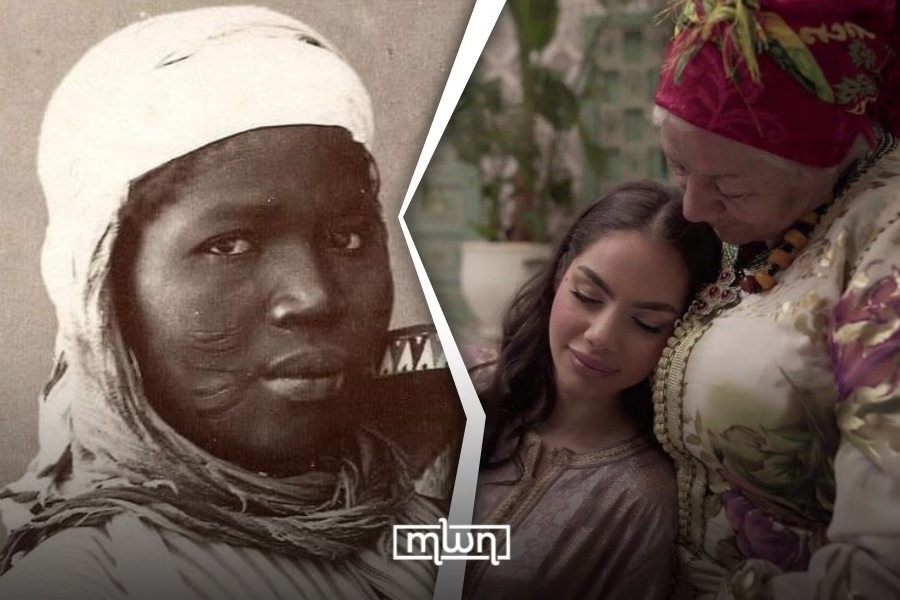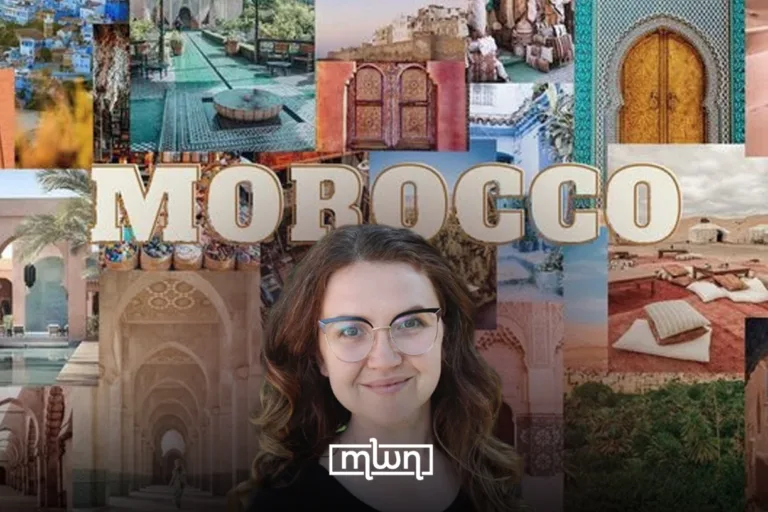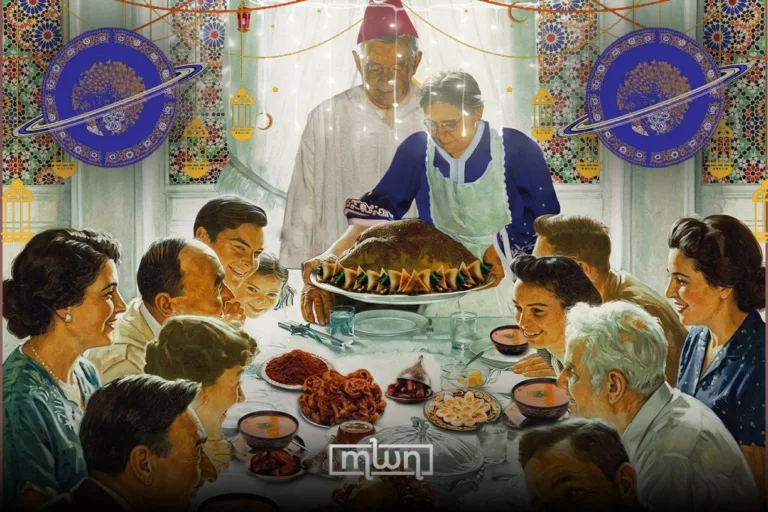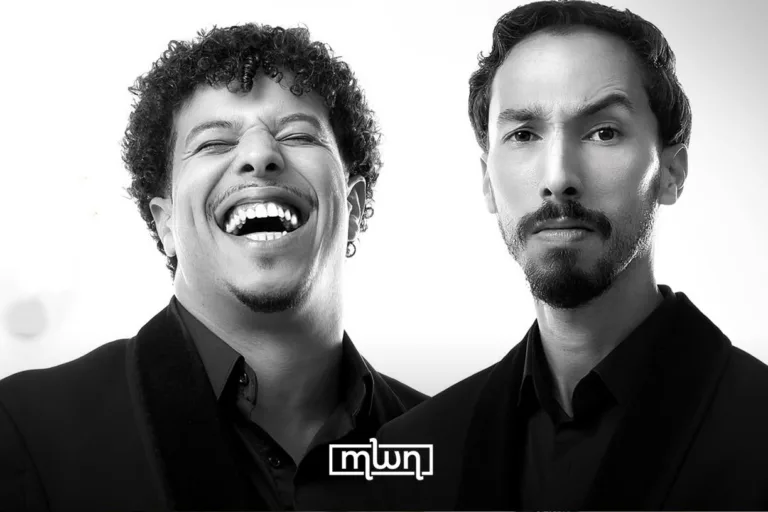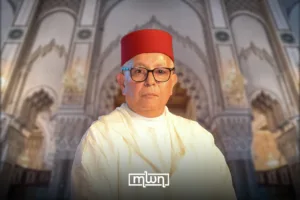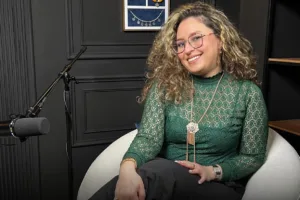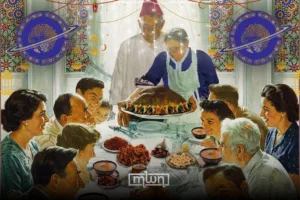In Morocco’s elite homes, the dada wasn’t staff; she was the system.
Fez– In the Moroccan collective memory, the word “dada” carries much more than just the image of a nanny.
It’s a title wrapped in tradition, hierarchy, emotion, and, let’s be honest, a complex social history.
In upper-class Moroccan homes, the dada wasn’t just someone who watched the kids while the adults socialized over tea.
She often raised the children, ran the household, and held the kind of quiet authority that only someone who’s seen everything could.
The role of the dada was often filled by old ladies, and many of them were of sub-Saharan African origin.
In a sense, the dada was both everywhere and invisible, central to the family structure, yet rarely written into its official story.
Her duties extended far beyond childcare. The dada kept the house in order, managed the staff, oversaw the children’s upbringing, and acted as an emotional anchor in many households.
Some were stern and feared, others beloved and remembered like second mothers. But in either case, their influence was lasting, shaping generations quietly from within the home.
The word itself, dada, is of Turkish origin. In Ottoman Turkish, it referred to a wet nurse or governess, someone entrusted with children’s early years.
It’s no surprise, then, that the term found its way into Moroccan Arabic during centuries of interaction between North Africa and the Ottoman world.
Yet over time, in Morocco, the word took on a specific racial and class-coded identity. Saying “our dada” conjured a certain image: an old woman in traditional dress, perhaps with a firm voice and a knowing gaze.
Moroccan dadas were rooted in structure, responsibility, and an unspoken but very real authority.
Today, the traditional dada is a vanishing figure, as family structures and social dynamics evolve.
Now, a new trend is rising with the immigration of Sub-Saharan African women to Morocco for job opportunities.
In modern households, the choice for a nanny has become so easy: a young lady from sub-Saharan Africa to raise the kids and help them learn French and English more easily.
Can we say that Moroccans are missing the traditional dada?

